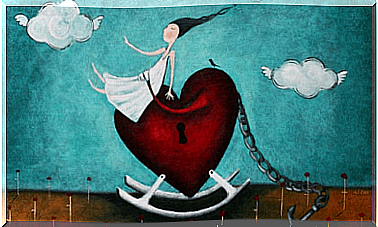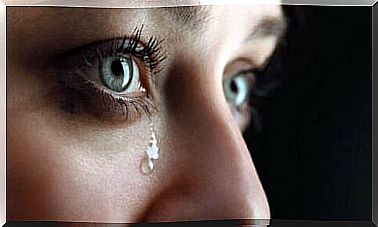The Phenomenon Of Eternal Youth

The cover of The New Yorker magazine for May 2010 showed a boy with boxes hanging his bachelor’s degree on the wall of his old room in Mom and Dad’s house. The caricature, even if playful, is an excellent example of a current phenomenon, that of eternal adolescents.
It is increasingly common to hear of men and women in their thirties (and in some cases even more) who have not yet taken on the full responsibility of “being adults”. The United States Census Bureau reveals that in 1970 77% of women and 65% of men in their 30s were able to finish school, live alone, be economically independent, get married and have a child. In 2000, less than 50% of women and a third of men in their 30s had achieved the same milestones.
At this point, a question spontaneously arises: do today’s young people not reach these goals because they cannot or simply because they have no interest in doing so? What is happening? Why do people have a harder time getting through adolescence in this age? So, there are several factors that could fuel this “fashion” of eternal adolescence. One of the main ones is the economy.
Derek Thompson, in his Adulthood article , Delayed: What Has the Recession Done to Millennials *? , reveals that 49% of people between the ages of 18 and 34 took a job just to pay their bills, 35% went back to school due to economic pressure, and 22% put off the idea of having a child due to the recession. The cost of university education has soared over the past 30 years. Tuition fees and reduced property values help to fade the desire to own a home and build a family. Even if the reporter refers to the statistics of this phenomenon in the United States, it is clear that some aspects and the trend in general can also be identified in many other parts of the world.
Some think that behaving like teenagers up to the age of 30 is biologically normal. According to child psychologist Leverne Antrobus, neuroscience has shown that a person’s cognitive development continues after age 18 and that emotional maturity, self-concept and personal judgment will be affected until the prefrontal cortex has fully developed.. In addition to the brain development following this phase, the elevated hormonal activity also continues until after the age of 20.
“The idea that a person suddenly becomes an adult at 18 doesn’t seem entirely certain,” says Laverne Antrobus who works at London’s Tavistock Clinic. Together with other psychologists he recognized that the stage of adolescence would last up to about 25 years, an age that should begin the adult stage.
Likewise, another relevant factor is the life expectancy of the human being, which has grown in recent years. According to a recent study, men live 11 years longer and women 12 years longer than men and women four decades ago. This increase in life expectancy extended the adolescent stage to age 25 and postponed the retirement age to after age 65.
So, even if the cause that led to the prolongation of adolescence is not clear, what is your opinion? In your opinion is this a good thing or a bad thing? If we also follow this trend, would we face a better future or would we have less chance of succeeding in life?









